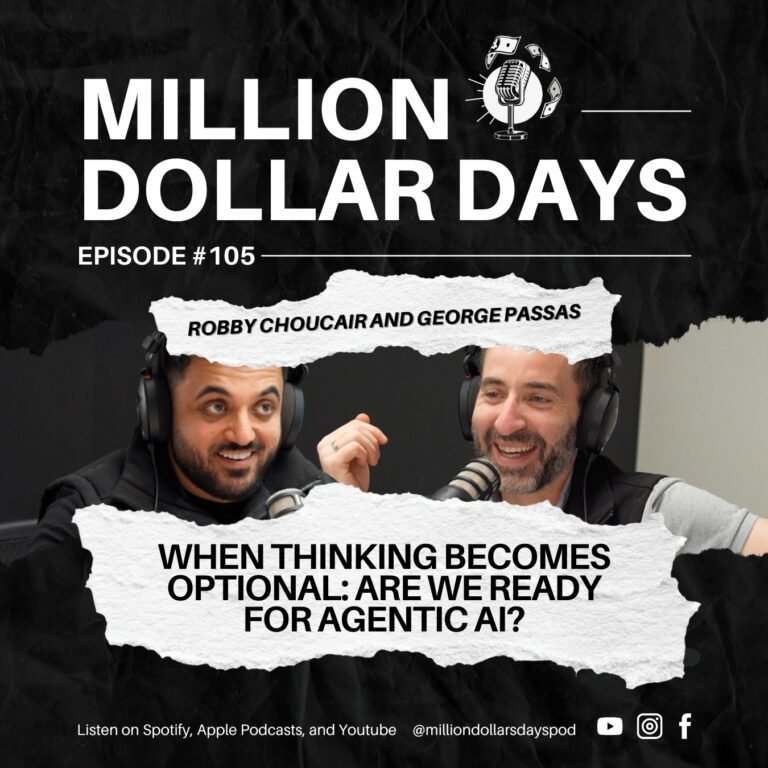The conversation opens with a light jab about peppermint choc tops at the movies, then pivots fast into a dense, practical look at a new frontier: a web browser with an AI agent built in. ChatGPT Atlas becomes the star, not as a novelty, but as an operating layer that sees the screen, clicks its own cursor, and performs tasks inside the same tabs we already live in. That shift matters. Search transformed the web because it brought relevance to static pages. Chat did it again by returning dialogue. Now agentic interaction puts action on top of context. We describe live tests: finding a contact in the CRM, sending a text, logging into WordPress, duplicating a template, and publishing a new blog post, all instructed in plain language. The value is obvious—speed, consistency, less tab chaos—yet the friction shows too: handovers at login, slower-than-human execution, and prompt dependence.
From there, we map boundaries people need to understand. Atlas runs as an assistant, not an always-on agent. It executes when prompted, while full automations still need triggers tied to events like an incoming email or a scheduled workflow. That difference changes how work is designed. Teams who embrace a mixed model—set-and-forget agents for recurring events, on-demand Atlas for in-browser tasks—can compound output across a dozen virtual “hands.” We draw parallels to agricultural mechanization and self-checkouts: fewer people doing mechanical steps, more people orchestrating systems. The payoff shows up in hours saved per month per person and in fewer handoffs to specialists for routine web maintenance. But the nuance is important: adoption lags when tools feel abstract, when managers are deep in their own numbers, or when perceived learning time outweighs imagined benefit.
We then dig into the uncomfortable bit: will critical thinking erode as AI handles more? The examples are familiar and personal. Some teammates hit a minor error and ask chat before checking the typo. Others lean on generated emails that read polished but impersonal. We compare this to Doctor Google, game walkthroughs, and home remedies. Yes, searching accelerates outcomes, but the muscle of isolating variables still matters for now. In a cafe with a wobbly table, five phones shouldn’t beat one person sliding a napkin under the short leg. That instinct to test, observe, and resolve is what keeps humans effective when the system fails or when prompts are vague. Yet we also accept that waves of technology consistently level old advantages. The industrial revolution reduced the premium on raw strength. Agentic AI will compress the gap in everyday reasoning. Survival will go to those who define better questions, connect systems, and decide faster with higher context.
We circle back to risk management. Platform dependence is dangerous when accounts get locked or support loops stall. The antidote is boring but vital: multi-channel presence across website, email, and social; verified identities; backups of brand assets; and documented workflows that agents can follow, repeat, and improve. We also challenge builders and founders to use AI where it makes immediate sense: screen-reading tasks like invoice uploads, CRM updates, site content edits, and templated replies. The early wins are tangible—20 hours a month saved for a one-time setup fee isn’t theory. And while the Mac-only release of Atlas at launch frustrates PC diehards, it won’t last. Everyone will get access, and the real advantage won’t be the download—it will be your map of what to hand off and why. The episode closes with perspective: gratitude for health, odds of existence that humble career angst, and a reminder to be present. Build for 2026, but live today. AI can enhance both if we stay curious, intentional, and human.
